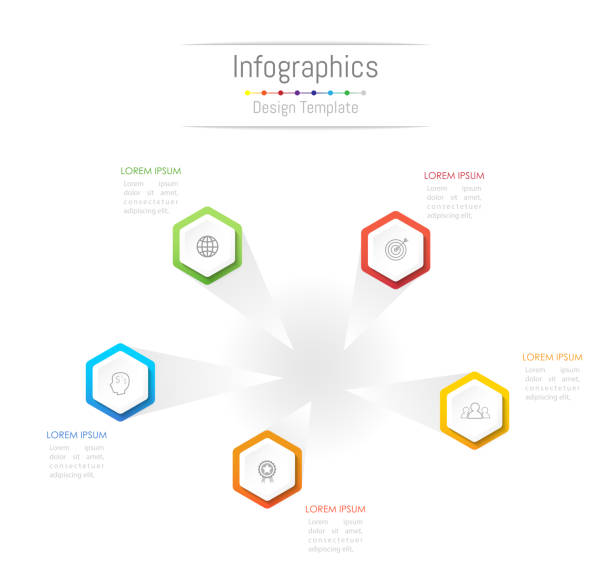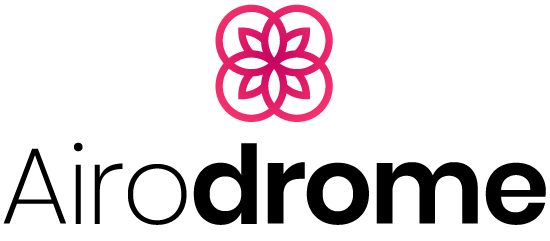5 ways to plan community engagement events

5 ways to plan community engagement events
Events are organized to engage the community. Attendees are helped to develop stronger bonds, new relationships, and a sense of belonging. These events are often aimed at the local community and have many economic, cultural, and social benefits. Your events must be carefully planned and targeted if you want to engage the local community.
Each year, we plan many community engagement events. We know what it takes to plan a community event that is engaging. Before planning your next event, consider these tips. These tips will help you plan an event that meets and exceeds your expectations.
1. Research the community
If you don’t know your audience, it is hard to plan events that will be successful. It is important to know your audience. This step is often overlooked. Our first step when we start working with a client for a community event is to research the community. We do this by conducting surveys, reviewing previous events/activities, analyzing statistical data about the community, and gaining information on earlier sales processes. Where possible, we like to take it a step further by watching people. Simply visiting the community and watching how they interact can give you great insight.
2. Think locally & sustainably
In the last few years, there has been an increasing movement to support local businesses. We couldn’t be happier about this. Small companies that provide services to the local community are on the rise. This is an excellent opportunity to support both the local economy and the community by delivering an event. The local community will also be thrilled to see the local products and suppliers. The local community may also be searching for alternative ways to support the local economy. We aim to make community events as sustainable as possible. We must consider ways to reduce our impact on the local environment and use more sustainable options.
3. Create interactive experiences
Most community events are designed with the goal of attracting as many attendees as possible. Is this the best approach to building community events that are engaging? Here, we must consider the objectives of the event. The larger numbers may be more effective if your goal is to raise awareness about a certain place, brand, or activity. If your goal is building a community or new relationships, then interactive experiences will be required. Imagine a group learning a new technique, maintaining a community garden, or an event where you meet your neighbors. These events are often smaller in scale and allow participants to be more involved. These events provide a more conducive environment for building relationships.
4. Connect attendees before the event
You may have members in your community who are still unsure of who they know. Answering questions from potential attendees about the event could be useful to others. It makes attendees feel more comfortable to allow them to talk to each other before the event. This can also help to generate ideas, talk points, and options for future events. We recommend having someone in your team monitor this platform. They can then answer any questions that may come up and also weed out any undesirable behavior.
5. Follow-up
Many community event organizers are relieved when the event is over and move on to the next project. This is a huge mistake. A detailed debriefing after your event allows you to not only identify the successful elements but also help identify areas that need improvement. After our community events, we send our participants a survey using Survey Monkey. In the survey, attendees are asked to rate the different elements of the event. It is also important to ask them for suggestions on how they can improve the event. They can also provide recommendations for future events. It would be best if you decided which elements of feedback are worth implementing. This data is invaluable for determining what your audience wants to see.
Conclusion
Success doesn’t require extravagant and large-scale events to engage the community. Be sure to outline your event’s objectives before planning the next community event. Plan an event that meets your goals after researching your audience. Be sure to tailor it to your local community’s interests. Please get in touch with Events Outsourced if you’re not sure how to go about it (or if you need some help with creative event ideas and a little guidance). Please see our previous article Four Tips for Building a Vibrant Community to get some more ideas.

